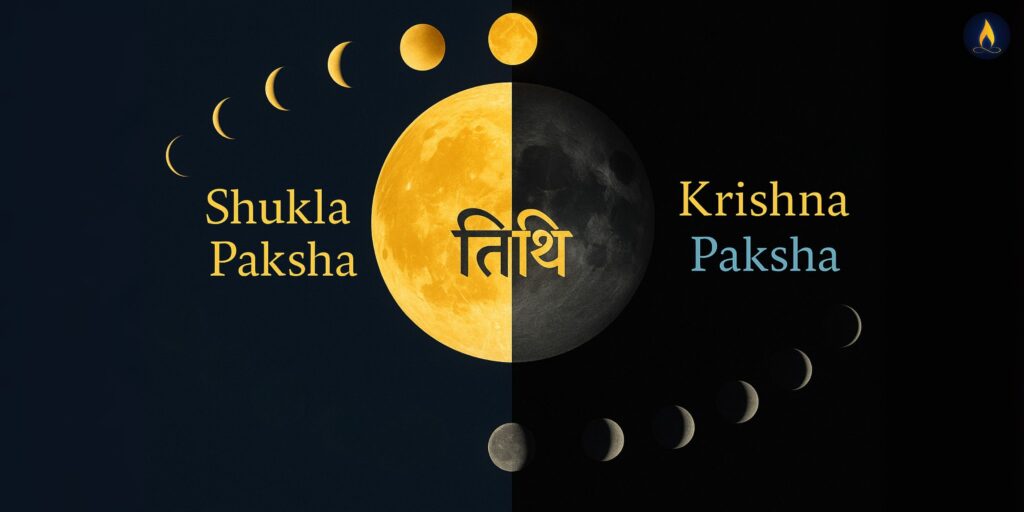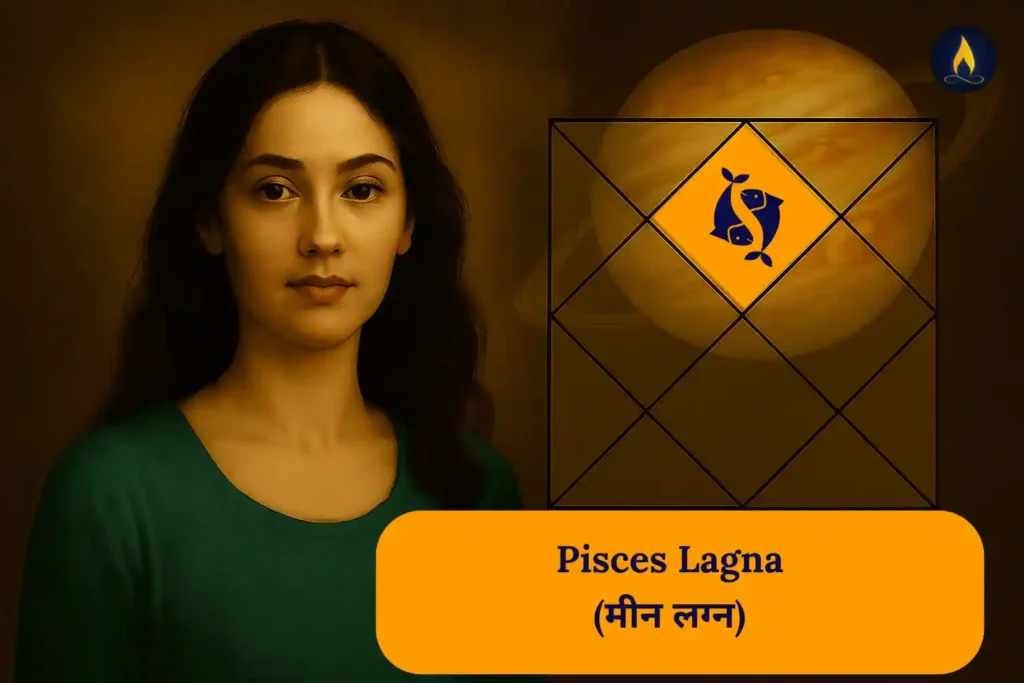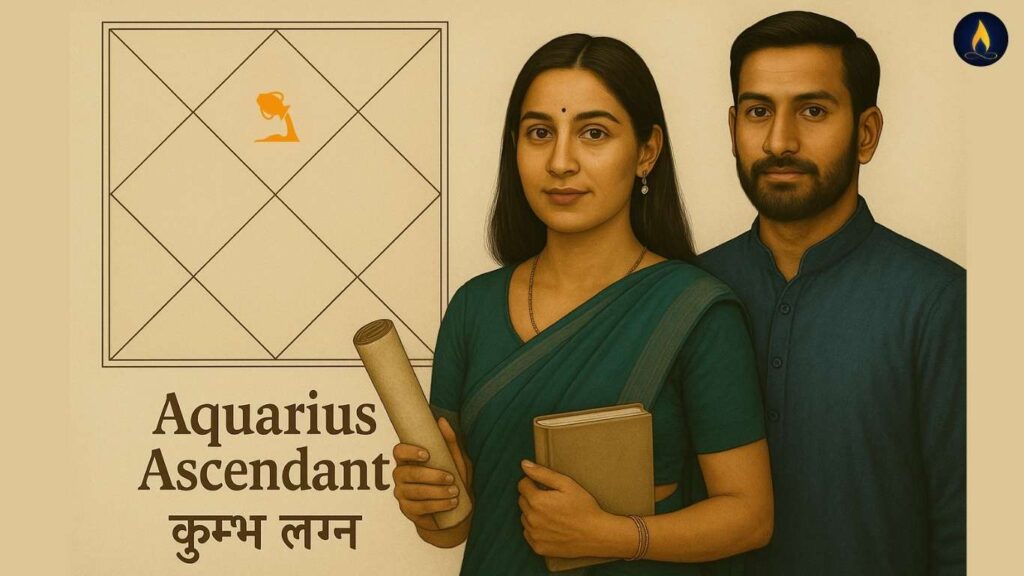Blog Contents
Toggle
In astrology, the Moon holds a pivotal role in shaping emotions, intuition, and mental processes. While the Sun is often associated with the outward personality and life force, the Moon in astrology governs our inner world—the subconscious, our moods, and the way we respond to emotional triggers. In Vedic astrology, the Moon influences mental peace, relationships, and spiritual growth.
This blog delves into the significance of the Moon in astrology, explaining its impact based on the Moon sign, house placement, and Nakshatra. We will explore how this celestial body influences individuals, revealing deeper insights into the way it shapes behavior, relationships, and even career paths.
What Does the Moon Represent in Astrology?
In astrology, the Moon represents:
- The Mind and Emotions: The Moon influences how we think and feel, reflecting our emotional responses.
- Family and Nurturing: The Moon also represents the maternal instinct, shaping relationships with mothers and family life.
- Subconscious and Intuition: The Moon governs the subconscious mind, guiding our intuition and inner knowledge.
The Moon in astrology isn’t just a passive celestial body; it actively shapes our perception of the world and governs the way we relate to others emotionally. Its placement in the birth chart provides clues about our psychological makeup and emotional needs.
Moon in 1st House: Emotional Self-Expression
When the Moon is in the 1st House, it emphasizes an emotional and intuitive personality. This house represents the self, physical appearance, and the way we present ourselves to the world. People with the Moon in 1st house are often emotionally expressive, sensitive, and nurturing. They may react quickly to their environment and be highly responsive to emotional situations. They are also likely to seek emotional security and harmony in their lives. Their public image often reflects their emotional nature, making them seem warm, approachable, and caring.
Moon in 2nd House: Finances, Values, and Security
The 2nd House governs material possessions, values, self-worth, and finances. When the Moon occupies this house, it closely ties the person’s emotional well-being to financial stability and material security. This placement indicates a deep desire to feel secure and protected in their material world. People with the Moon in 2nd House are often sensitive to financial fluctuations and may experience emotional highs and lows depending on their financial situation. They may also have a strong attachment to family possessions or inheritances, and find comfort in their personal belongings.
Moon in 3rd House: Communication@ and Siblings
The 3rd House deals with communication, learning, and relationships with siblings. When the Moon is in this house, it enhances emotional expression through communication. These individuals are often intuitive in their thinking and may have a deep connection with their siblings. They can be emotionally responsive in conversations, using their feelings to connect with others. This placement also suggests an individual who may need constant mental stimulation, and they can become emotionally involved in their local environment, such as neighborhood or close social circles.
Moon in 4th House: Home, Family, and Emotional Foundation
The 4th House represents home, family, and one’s emotional foundation. The Moon feels comfortable here, as it governs the home and nurturing qualities. People with the Moon in the 4th House deeply connect with their family, especially their mother or maternal figure. This placement suggests a strong need for emotional security within the home environment.These individuals often feel sentimental, form emotional attachments to their roots, and actively seek to create a peaceful, nurturing home environment. They find emotional fulfillment through family relationships and establishing a sense of belonging.
Moon in 5th House: Creativity, Romance, and Children
The 5th House rules creativity, romance, children, and self-expression. With the Moon here, there is a deep emotional need for creative expression and playful, loving relationships. Individuals with the Moon in 5th House often seek emotional fulfillment through romance and artistic pursuits. They may be highly nurturing towards children or have a strong desire for children in their lives. This placement can bring a playful, affectionate, and imaginative personality. Their emotional state can fluctuate with creative successes or romantic matters, making them highly attuned to their passions and desires.
Moon in 6th House: Work, Health, and Service
The 6th House governs daily work, service, health, and routines. The Moon in the 6th House ties emotional well-being to work and daily routines. These individuals may have a nurturing approach to their work environment, often feeling emotionally invested in helping others or providing service. However, they may also experience emotional fluctuations related to work stress or health concerns. There is often a need for emotional balance in daily life, and maintaining a stable routine can be important for emotional health. The Moon in 6th House may indicate a person who is emotionally sensitive to the demands of their work or health challenges.
Moon in 7th House: Relationships and Partnerships
The 7th House rules relationships, partnerships, and marriage. When the Moon is in the 7th House, emotions play a central role in relationships and interactions with others. These individuals seek emotional security and nurturing through close partnerships. They may have a deep emotional connection to their spouse or business partner and seek harmony and peace in relationships. People with the Moon in 7th House can be very empathetic and supportive in relationships, but may also experience emotional ups and downs depending on the dynamics of their partnerships. A harmonious relationship is crucial for their emotional wellbeing.
Moon in 8th House: Transformation, Deep Emotions, and Shared Resources
The 8th House represents transformation, shared resources, deep emotional bonds, and matters of life and death. The Moon in this house intensifies emotional depth. Individuals with the Moon in 8th House experience emotions at a profound level and may undergo emotional transformations throughout their lives. This placement can bring an intense need for emotional intimacy and security in deep, committed relationships. People with this Moon placement are highly intuitive and may have a natural ability to understand others’ hidden feelings or motivations. They may also experience emotional ups and downs tied to shared financial resources or joint ventures.
Moon in 9th House: Higher Learning, Philosophy, and Long-Distance Travel
The 9th House governs higher education, philosophy, spirituality, and long-distance travel. The Moon in the 9th House brings emotional growth through learning, exploration, and expanding one’s worldview. These individuals may have a deep emotional connection to their belief systems and may seek emotional fulfillment through travel or philosophy. They are likely to be emotionally affected by their experiences with different cultures, travel, or academic pursuits. People with the Moon in the 9th House are often drawn to spirituality or religion and may experience emotional shifts through their personal beliefs and spiritual practices.
Moon in 10th House: Career, Reputation, and Public Life
The 10th House governs career, reputation, and public life. The Moon in this house ties emotions to one’s career and public image. These individuals may seek emotional fulfillment through their professional achievements or public recognition. They stay highly attuned to how the world perceives them and often adapt to meet others’ expectations. People with the Moon in 10th House often thrive in careers that involve caring for others, such as healthcare, counseling, or social work. Their emotional well-being closely connects to their public life and career success.
Moon in 11th House: Friendships, Social Networks, and Aspirations
The 11th House rules friendships, social networks, and long-term goals. The Moon in this house brings emotional fulfillment through friendships and involvement in group activities. Individuals with the Moon in 11th House may have a strong need for emotional connection within their social circles and may seek out supportive, like-minded friends. They may also feel emotionally invested in humanitarian causes or long-term goals. This placement suggests an emotionally driven desire to make a difference in the world and find a sense of belonging within larger groups.
Moon in 12th House: Subconscious, Secrets, and Spirituality
The 12th House is linked to the subconscious, hidden aspects of the self, and spirituality. When the Moon is in this house, it indicates a deep emotional connection to the unconscious mind, hidden fears, and desires. These individuals may have a strong intuition and may experience emotional fulfillment through spiritual or solitary pursuits. There may be a tendency to keep their emotions private or to withdraw emotionally in times of stress. The Moon in 12th House can bring a powerful connection to the mystical and spiritual realms, but it may also indicate emotional challenges related to past traumas or unconscious patterns.
Positive and Negative Influence of the Moon in Astrology
What Happens When the Moon Activates Positively?
- Emotional Stability: A well-placed Moon brings emotional clarity, sharp intuition, and a calm, nurturing demeanor.
- Enhanced Relationships: The positive activation of the Moon in astrology strengthens relationships, especially those with family members.
What Happens When the Moon Activates Negatively?
- Mental Imbalance: A weak or afflicted Moon can lead to mood swings, depression, or mental confusion.
- Family Conflicts: The Moon’s negative influence can cause emotional distress in family relationships, particularly involving the mother or maternal figures.
These outcomes align with astrological principles that stress the importance of the Moon’s health and strength in a birth chart.
Who is the God of the Moon in Astrology?
In Vedic astrology, the Moon is personified as Chandra, the lunar deity. Chandra represents emotions, beauty, and peace of mind. The worship of Chandra is believed to bring emotional harmony and spiritual balance, aligning one’s mind with higher consciousness. In certain traditions, Lord Shiva is also associated with the Moon, often seen wearing the crescent moon as a symbol of calm and serenity.

Understanding the Moon in astrology from a mythological perspective can deepen one’s connection to the celestial body, enhancing the spiritual aspects of astrological practice.
Stone for the Moon in Astrology: Remedies for Malefic Effects
In astrology, gemstones are often used to counteract the negative effects of a malefic Moon. Pearl (Moti) is the most commonly recommended gemstone for strengthening the Moon in astrology. Wearing pearl helps calm emotional turbulence, restore peace, and improve mental clarity. Other remedies include:
- Moon Mantras: Chanting “Om Chandraya Namah” helps to activate the positive energies of the Moon.
- Water Offerings: Offering water to the Moon during specific lunar phases is another way to strengthen its influence.
These remedies, inspired by traditional astrological texts like the Brihat Parashara Hora Shastra, focus on balancing the Moon’s energies for a harmonious life.
FAQs:
How is My Moon in Different Houses?
To understand how the Moon affects your life, it’s essential to check which house it occupies in your birth chart. You can use a moon sign calculator or consult an astrologer to determine this placement. Each house reveals different emotional traits and life challenges.
What Does the Moon Mean in Astrology?
The Moon in astrology represents emotions, the subconscious mind, and how we connect to others on an emotional level. It reveals how we react to life’s challenges and how we nurture and care for others.
What is the Moon Element in Astrology?
The Moon is associated with the Water element, symbolizing emotional depth, fluidity, and intuition. It governs our emotional ebb and flow, much like the tides of the ocean.
What is Moon Nakshatra in Vedic Astrology?
The Moon Nakshatra refers to the lunar mansion the Moon occupies at the time of birth. Each Nakshatra brings a specific set of qualities, influencing everything from emotions to destiny.
How to Strengthen Moon in Astrology?
To strengthen the Moon in astrology, consider wearing pearl, chanting mantras, and engaging in rituals that honor the Moon. These remedies are rooted in Vedic astrology, where they are used to restore balance and harmony to the individual.









